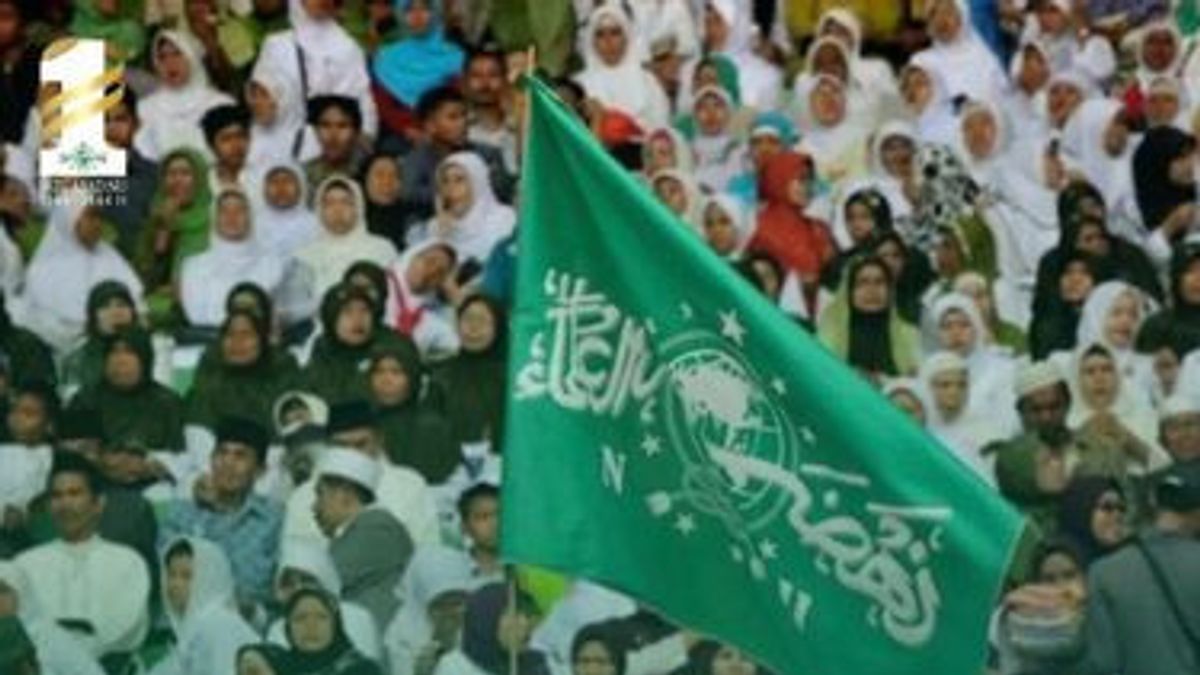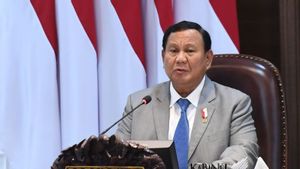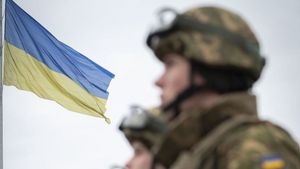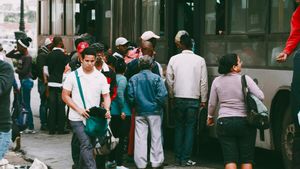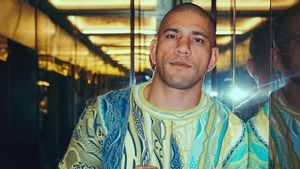YOGYAKARTA - in 1926, Nahdlatul Ulama (NU) was legally established. The largest Islamic organization in Indonesia was spearheaded by well-known kiai from East Java, Central Java, Madura, and West Java, which held a meeting at KH Wahab Hasbullah's house in Surabaya.
The birth of NU is one of the efforts to institutionalize religious culture insights that were embraced long before, namely understanding Ahlussunnah wal Jamaah. Then, NU as other indigenous organizations that were social, tradition or religion born during the colonial period, was basically confrontation with the invaders.
This is based on the establishment of NU being influenced by domestic and foreign political conditions, as well as the revival of political awareness which is shown in the form of organizational movements in responding to national interests and the Islamic world.
However, he asked NU to be called a Radical Organization by several circles.
Why Did NU Once Be Called A Radical Organization?
In the past, the Nahdlatul Ulama (PBNU) Executive Board received information referred to as a 'radical organization' in fighting the invaders during the war of independence in textbooks for elementary schools. Even though the phrase was associated in positive activities, PBNU still protested the use of the 'radical organization' in the book.
"Although the phrase 'radical organization' in question is a radical organization that is tough against Dutch colonialism, in this context, the Nahdlatul Ulama Executive Board deeply regrets the 'radical organization' used by the Ministry of Education and Culture in the book. This term can cause misunderstanding by students in schools against Nahdlatul Ulama," said PBNU Secretary General Helmy Faishal Zaini in a written statement in 2019.
Helmy explained that the phrase 'radical' written in the book could cause misunderstanding. The reason is, so far people know the term radical is a negative act and often spreads terror.
Meanwhile, radicals in a simple understanding based on the Big Indonesian Dictionary (KBBI) are fundamentally (to the principle), very hard to demand change (laws, government) and progress in efforts or behavior.
"The radical organization has recently been synonymous with organizations that fight and undermine the government, commit radical acts, spread terror and so on. Understanding like this will be dangerous, especially if it is taught to students," he said.
Helmy evaluated that the Ministry of Education and Culture was not careful in understanding the history of national movement in fighting for Indonesia's independence. He emphasized that the term radical is irrelevant to tell about the phase of national movement.
"The author said that after experiencing the national phase of movement in the 1900s, it was followed by a radical early phase that occurred in 1920-1926. The term radical early term was wrong and inappropriate. If you want to describe the struggle at that time, the more appropriate phrase used is the period of patriotism, namely the times against and against the invaders," he said.
SEE ALSO:
He also asked the Ministry of Education and Culture to step in to solve the problem. He did not want the problem to widen.
"Therefore, the Nahdlatul Ulama Executive Board asked the Ministry of Education and Culture to take responsibility for this issue. The potential for harm caused is so large that fast steps must be taken to respond to it," said Helmy.
Apart from NU, once called Radical Organizations, follow other domestic and foreign news only on VOI, Time to Revolutionize the News!
The English, Chinese, Japanese, Arabic, and French versions are automatically generated by the AI. So there may still be inaccuracies in translating, please always see Indonesian as our main language. (system supported by DigitalSiber.id)
